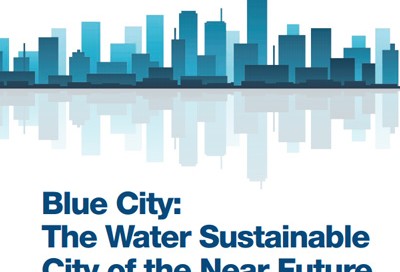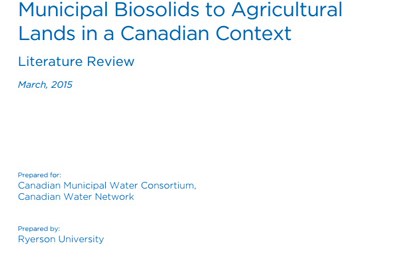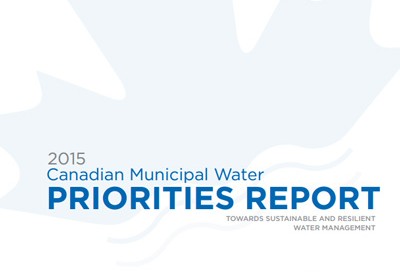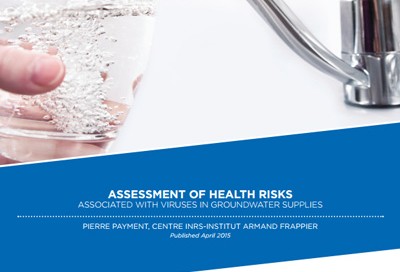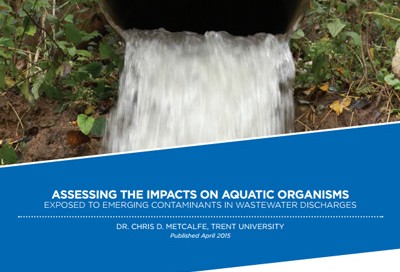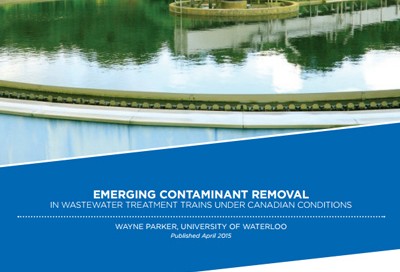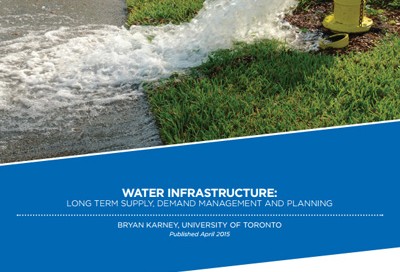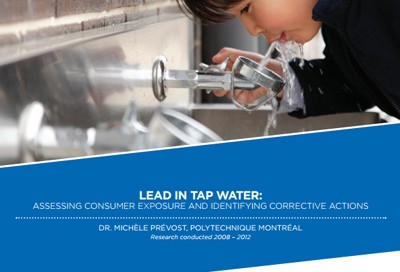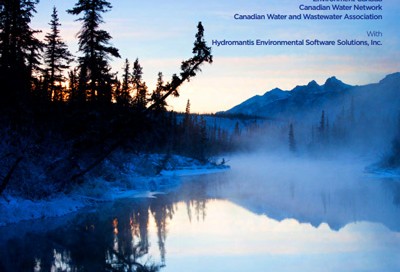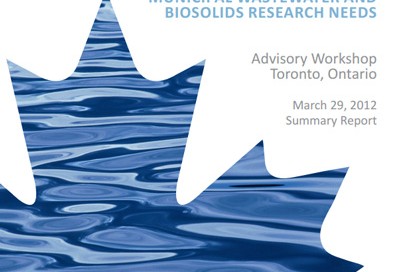Blue City: The Water Sustainable City of the Near Future
This report is intended to help practitioners and decision makers build a business case for advanced and integrated water management. The content is based on interviews with 17 subject matter experts and thought leaders. Together, they defined a common vision, shared innovations in their unique and diverse disciplines, and suggested cross-cutting business case considerations.


